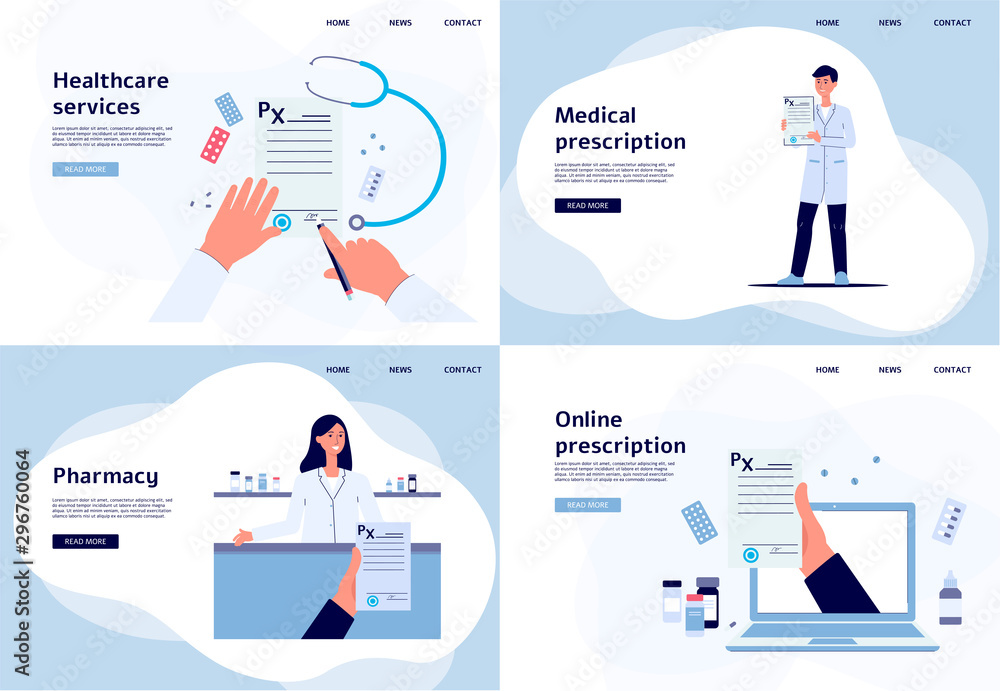Why Subscription Based Healthcare is Getting Appeal Among Patients Today
Why Subscription Based Healthcare is Getting Appeal Among Patients Today
Blog Article
The Rise of Subscription-Based Medical Care and Its Effect On Client Care
As medical care progresses, the subscription-based model is gaining grip, promising to reinvent individual treatment by using predictability and access. The capacity for these versions to reshape healthcare shipment elevates pressing questions regarding their long-term sustainability and inclusivity. Are these registration services the future of healthcare, or do they risk leaving at risk populations behind?
Recognizing Membership Healthcare Versions
Comprehending the concept of registration healthcare models entails analyzing a transformative approach to clinical services that highlights affordability and availability. These models, frequently referred to as straight health care (DPC) or attendant medicine, have actually emerged as ingenious alternatives to standard fee-for-service medical care systems. Membership medical care allows individuals to pay a set regular monthly or yearly charge for a defined set of clinical solutions, which may include unlimited office sees, regular exams, and standard laboratory examinations, without the need for conventional insurance policy payment.
The structure of subscription healthcare models is created to improve patient treatment by removing third-party payers and complicated billing codes, thereby lowering management problems. Doctor can focus more on person care, cultivating stronger patient-provider partnerships. This version likewise promotes preventative treatment by motivating normal check outs, as the monetary obstacle of per-visit charges is eliminated.
The membership version frequently encourages healthcare service providers to take care of smaller individual panels, permitting even more personalized care. It lines up financial incentives with client wellness outcomes, as suppliers are motivated to maintain individual contentment and wellness. Overall, comprehending membership health care models needs identifying their potential to reshape how care is delivered and accessed.
Advantages for Individuals and Suppliers

For suppliers, subscription-based versions provide the chance to grow patient-provider relationships. With a constant earnings stream, medical care professionals can commit even more time to each person, causing a much more customized and thorough care experience. This model also decreases reliance on high patient quantities, reducing burnout and enhancing job complete satisfaction. The focus on preventative treatment within registration plans can lead to better client results and lowered long-lasting healthcare prices. By concentrating on constant care, companies can deal with issues before they escalate, ultimately benefiting the medical care system overall by reducing the burden on emergency situation and severe treatment services.
Issues and difficulties
While subscription-based medical care versions present many benefits, they likewise come with a collection of challenges and concerns that must be addressed. This increases ethical inquiries regarding fair accessibility to medical care solutions.
Financial sustainability of subscription-based models is an additional issue. Service providers must stabilize the set revenue from registrations with the variable costs of healthcare solutions, which may fluctuate because of unforeseen clinical requirements. This can create stress to limit solutions or increase charges, possibly influencing client fulfillment and care high quality.
Furthermore, regulative oversight of subscription-based medical care versions is still developing. Resolving these challenges is vital for the equitable and effective application of subscription-based medical care.
Influence on Patient-Doctor Relationships
One significant impact of subscription-based health care models on patient-doctor relationships is the capacity for boosted connection and individualized treatment. By taking on a registration design, physicians can handle a smaller patient panel, permitting even more committed time with each individual. This boosted schedule cultivates a deeper understanding of a client's medical history, way of life, and choices, allowing a lot more customized therapy plans and interventions.

Nevertheless, it is very important to identify that while subscription-based designs may profit those that can afford them, they could accidentally broaden health care variations. Patients that are not able to take part in these versions may experience decreased access to personalized treatment, potentially influencing their connections with healthcare carriers. Thus, while the registration version uses encouraging benefits for patient-doctor partnerships, it likewise positions challenges that require to be dealt with to ensure equitable medical care access.
Future of Medical Care Gain Access To

The function of innovation can not be forgotten in this transformation. Telemedicine platforms and digital wellness documents facilitate seamless communication between clients and medical care companies, breaking down logistical and geographical obstacles. In addition, advancements in artificial intelligence and information analytics can further personalize medical treatment by anticipating individual demands and maximizing therapy plans.
Nevertheless, the future of medical care gain access to likewise provides challenges, such as guaranteeing equity across various socio-economic teams. Policymakers i was reading this and doctor need to work together to bridge the electronic divide, making sure that subscription-based designs stay inclusive and budget friendly. As these systems grow, they hold the assurance of making health care much more accessible, efficient, and patient-centric.
Verdict
Subscription-based health care models are improving patient care by supplying a stable expense structure and improving accessibility. These designs strengthen patient-provider connections through customized treatment and regular check outs, emphasizing preventative health and wellness. Regardless of these benefits, challenges such as availability concerns for low-income populations and the need for fair medical care services linger. The surge of subscription-based healthcare motivates aggressive patient involvement, which has the prospective to enhance individual results and satisfaction, indicating a transformative change in medical care distribution.
As healthcare evolves, the subscription-based model is gaining grip, guaranteeing to reinvent individual treatment by offering predictability and ease of access.Subscription-based health care designs provide unique benefits for both individuals and carriers, boosting the general healthcare experience.As medical care systems evolve, the future of medical care gain access to often pivots on the assimilation of ingenious designs and technologies.Subscription-based healthcare versions are improving client care by offering a stable price her latest blog structure and boosting ease of access. The surge of subscription-based health care encourages positive client involvement, which has the possible to boost person results and satisfaction, signifying a transformative shift in health care shipment.
Report this page